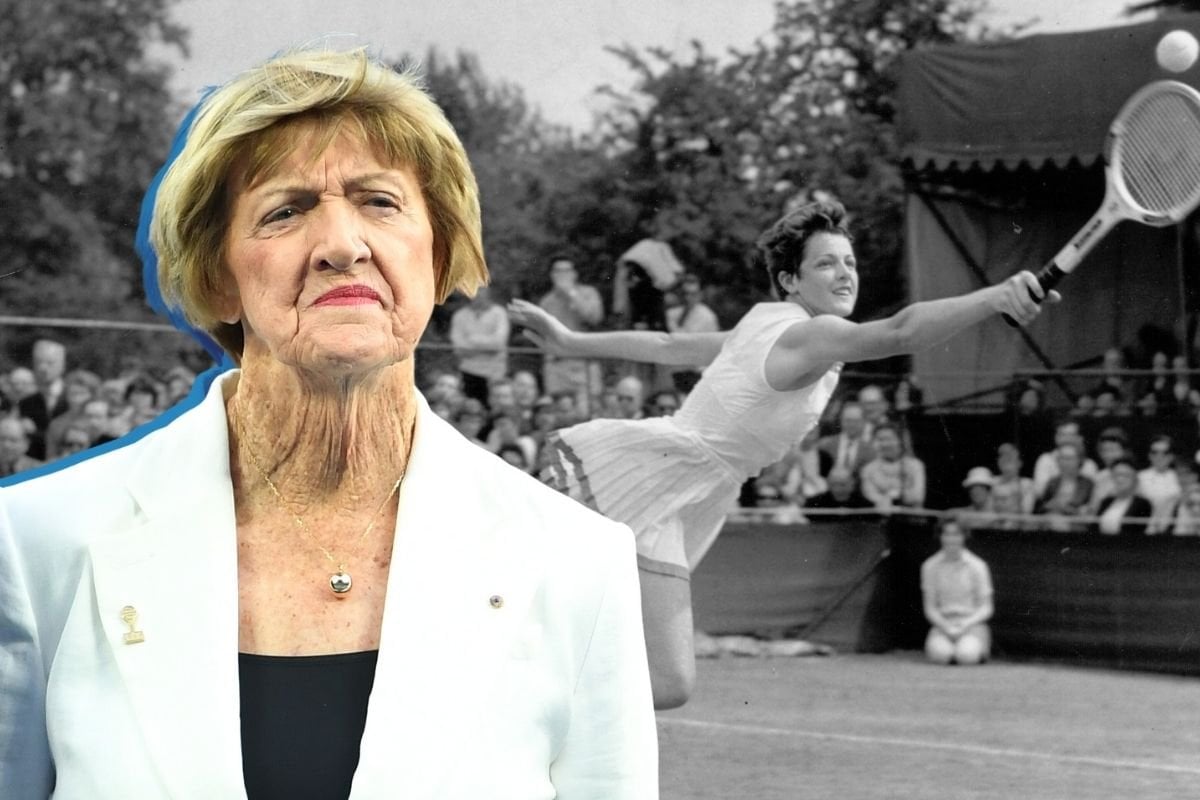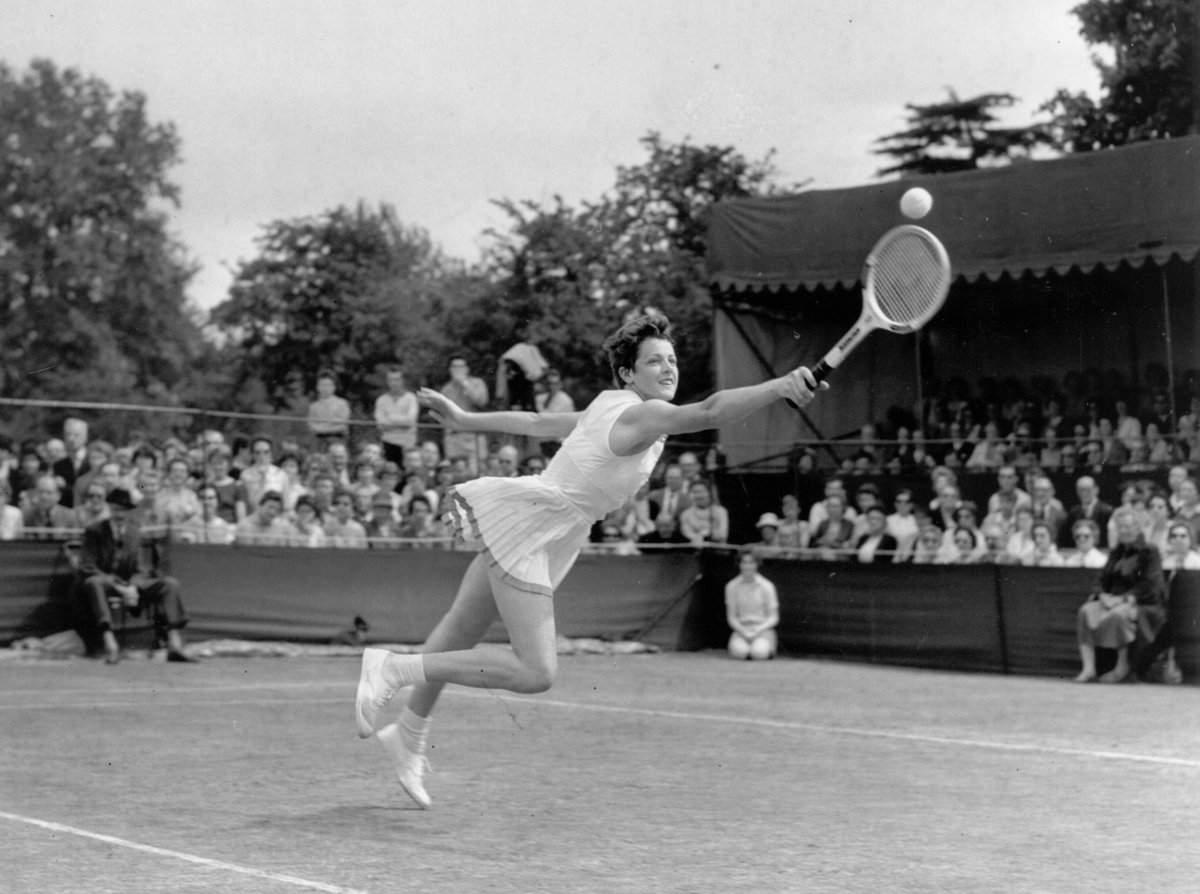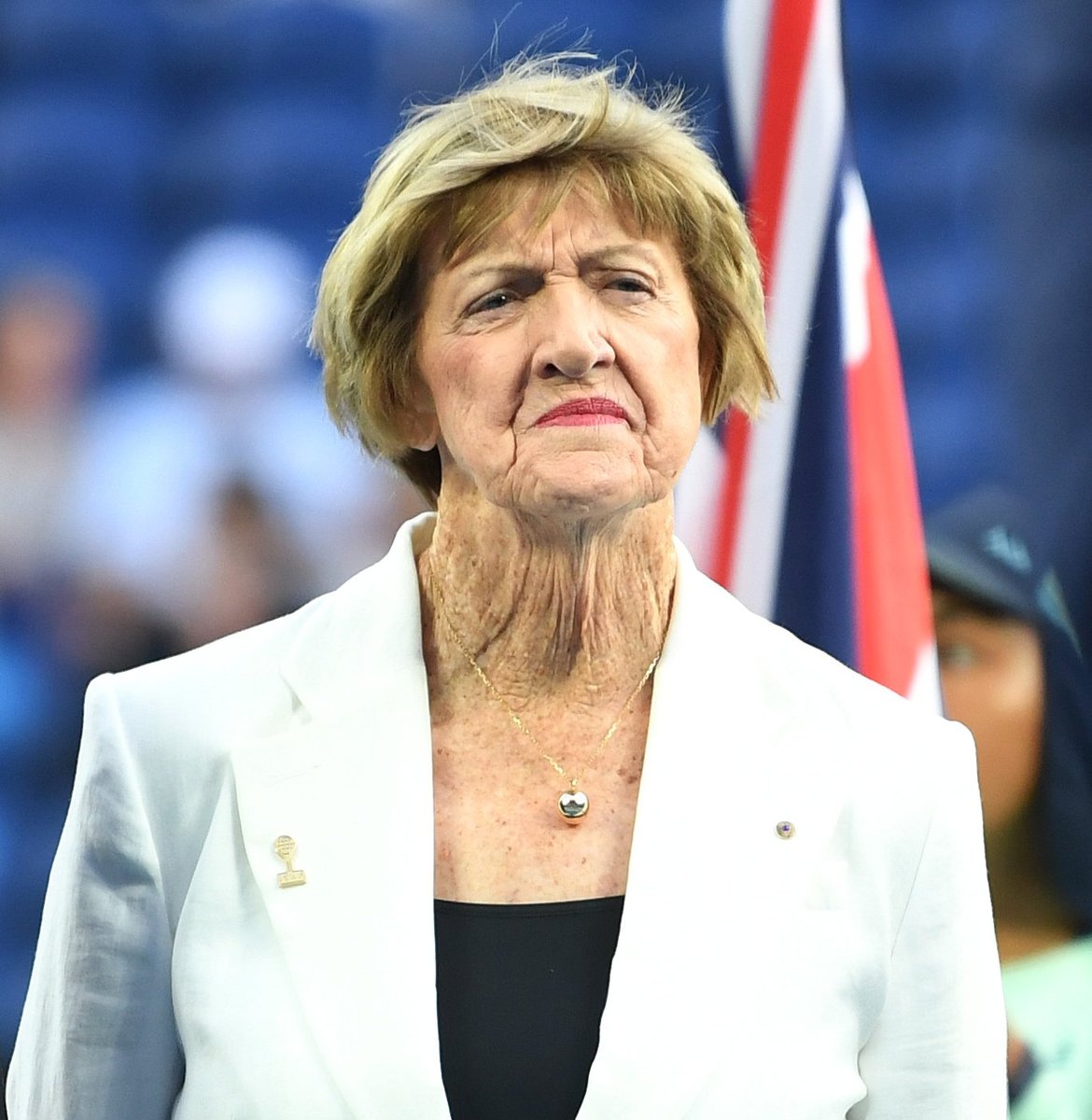
Two Australians have now handed back their Order of Australia Medal in protest against controversial tennis great Margaret Court also receiving the honour in 2021.
Dr Clara Tuck Meng Soo, who was recognised in 2016 for her work as a medical practitioner with LGBTIQ+ and HIV positive communities, and TV veteran Kerry O'Brien who was awarded this year, have called the decision to award Court "deeply insensitive" and "very distressing."
While Court might have received the Order of Australia for her tennis accomplishments - as the winner of a record 24 Grand Slam singles titles and a mentor for young athletes, the outrage at her receiving the honour has nothing to do with tennis. It's in reference to her outspoken and derogatory comments about the LGBTIQ+ community.
WATCH: Margaret Court says her views are based on the Bible. Post continues after video.
Tennis might be the reason the 78-year-old is famous, but she then decided to use her platform to espouse homophobic and transphobic views.
We didn't make tennis political, she did. And she did so over and over again when she chose to have her opinions broadcast across our TVs, radios and in our newspapers.






























































































